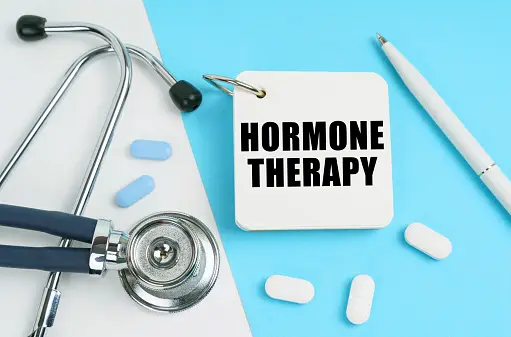Obstetricians and gynecologists, sometimes known as OBGYNs, are extremely important members of the healthcare team for female patients. These members of the medical community are committed to promoting women’s health throughout their whole lives, from puberty to menopause and beyond. In this piece, we will look into the multidimensional function that OBGYNs play in the promotion and safeguarding of women’s health. Specifically, we will highlight some major factors that emphasize the significance of this job.
Comprehensive Women’s Healthcare
OBGYNs are experts who offer complete treatment for the medical requirements of women. They are qualified to handle a broad range of medical illnesses that are specific to women, such as gynecological disorders, pregnancy care, and reproductive health. OBGYNs are qualified to offer individualized care to women of all ages, including everything from yearly checkups to pregnancy management and beyond. If you’re seeking reliable OBGYN services, consider visiting https://lma-llc.com for more information.
Preventive Health Services
Preventive care is a cornerstone of women’s health, and OBGYNs excel in this area. They offer a spectrum of preventive services, including regular pelvic exams, Pap smears, and breast exams. These screenings are essential for early detection and prevention of conditions such as cervical cancer and breast cancer. OBGYNs work diligently to ensure that women receive timely and appropriate preventive care to maintain their well-being.
Maternity Care
OBGYNs are at the forefront of maternity care, guiding women through the entire pregnancy journey. They offer prenatal care, monitoring the health of both the mother and the developing baby. OBGYNs assist in managing any complications that may arise during pregnancy and provide support during labour and delivery. Their expertise ensures that expectant mothers receive the best possible care for a safe and healthy pregnancy.
Family Planning And Contraception
Family planning is another critical aspect of OBGYN care. OBGYNs counsel women on various contraception methods, helping them make informed decisions about family planning that align with their goals and preferences. Whether it’s birth control pills, intrauterine devices (IUDs), or sterilization procedures, OBGYNs offer guidance and services tailored to individual needs.
Gynecological Conditions
Many women face gynecological conditions that require specialized medical attention. OBGYNs diagnose and treat these conditions, which may include menstrual disorders, polycystic ovary syndrome (PCOS), endometriosis, and fibroids. By providing both medical and surgical therapies, they make sure that women get the best care possible to reduce their symptoms and enhance their quality of life.
Menopause Management
As women age, they go through the natural process of menopause, which brings hormonal changes and a range of associated symptoms. OBGYNs are well-equipped to help women manage these changes effectively. They offer treatments, hormone therapy, and lifestyle recommendations to mitigate symptoms like hot flashes, mood swings, and bone density loss. OBGYNs work closely with women to promote a smooth transition through menopause.
Reproductive Health And Fertility
For women planning to conceive, OBGYNs offer guidance and support to optimize reproductive health. They can address concerns about infertility and recommend fertility treatments when necessary. Additionally, OBGYNs are instrumental in diagnosing and treating reproductive health issues that may affect a woman’s ability to conceive, ensuring that women have access to the resources they need to start or expand their families.
Conclusion
OBGYNs are vital healthcare professionals who are essential to preserving women’s health throughout their lives. Their knowledge is extensive and includes family planning, maternity assistance, preventive care, and the treatment of gynecological disorders. OBGYNs are committed to making sure that women get the specific attention and direction they require to preserve their health and well-being. Women can obtain the resources required for a healthy and meaningful life and make educated decisions about their healthcare by being aware of the diverse roles played by OBGYNs.









